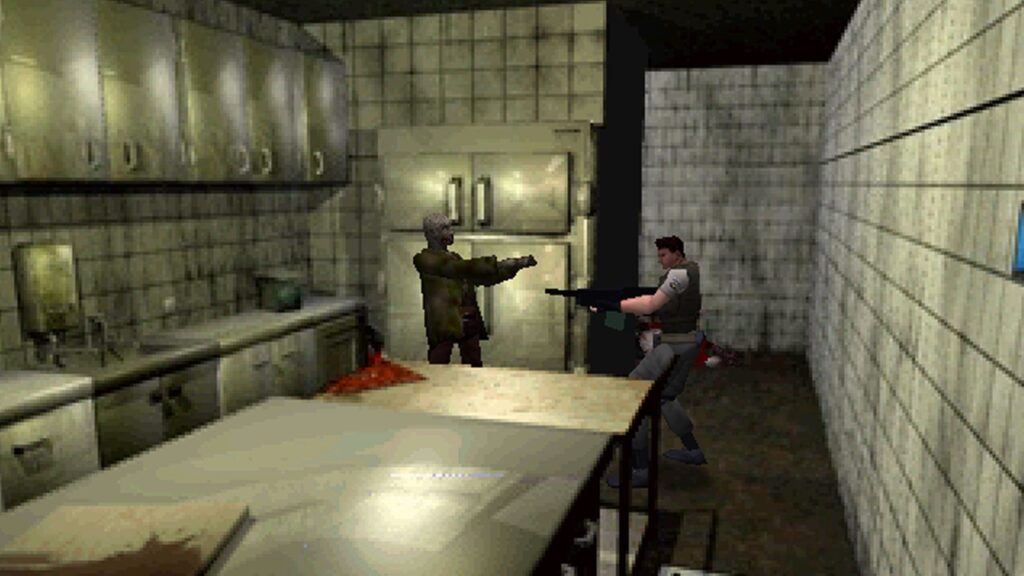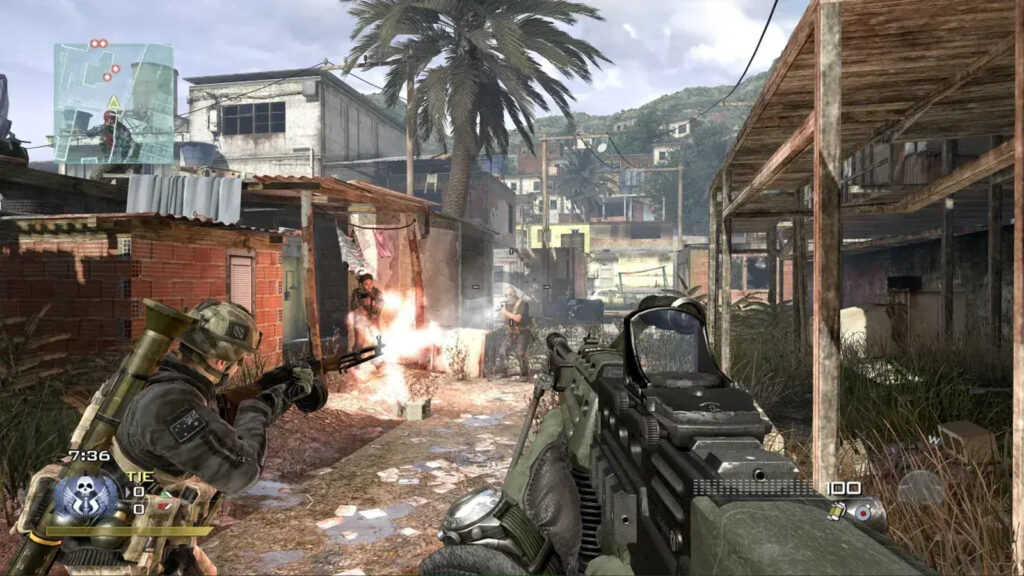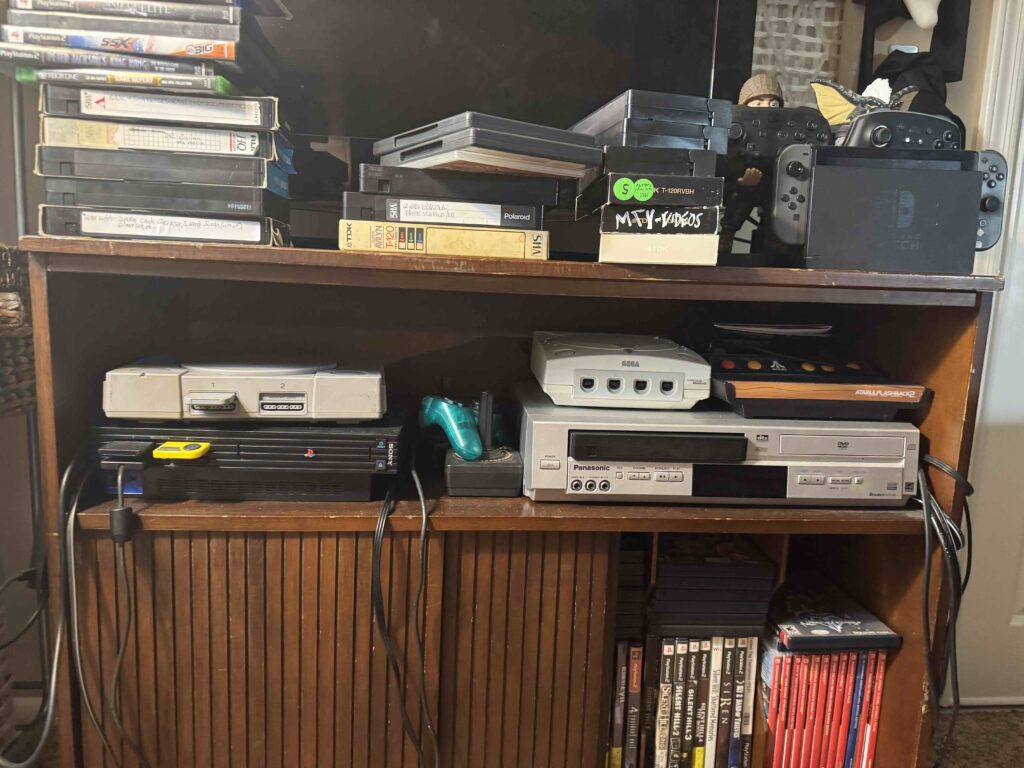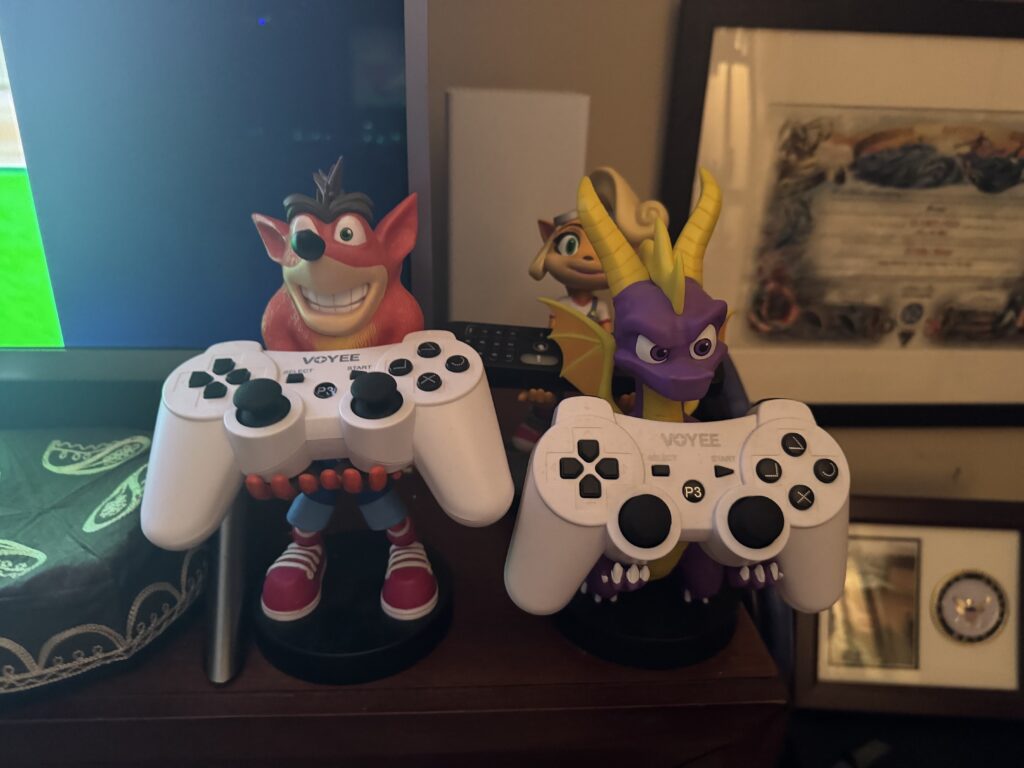The Allure of “The Good Ole Days”

I’ve been on this good green earth for the better part of 32 years now. In the realm of entertainment, I’ve seen shows, movies, games, franchises, and brands rise, fall, make a comeback, or fizzle out before ever leaving a real mark. One thing I’ve always heard—even as a kid—was, “Remember the good ole days?” My older cousins, my parents, my grandparents—someone was always throwing that line out there. Back then, I figured things must’ve been amazing. But now, as an adult, I understand it’s all about personal bias. Whatever we grew up with—our entertainment, values, style—will always feel uniquely special. That said, nostalgia, while subjective in feeling, is objectively a powerful force in the market. 90s-style socks, PJs, bracelets, plushies, wristbands—if it can be branded, it’s coming back. Which leads to the real question: does this obsession with the past help these industries, or hold them back and stifle creativity? I’d argue… a little bit of both.
The Call of Duty Conundrum

As stated above, people love to recall the “good ole days” in just about everything—and gaming is no exception. In my generation especially, you’ll often hear, “Remember when Call of Duty used to be good?” It’s like gospel at this point. People paint a picture of the franchise’s past as some flawless era filled with nothing but high points: epic campaigns, Red Bull-fueled all-nighters of multiplayer mayhem, and lobby smack talk that could make a nun blush. But were those old COD games really magic—lightning in a bottle captured so perfectly? Yes… but not quite in the way people might think. Those games worked, emphatically, for their time. The formula, the presentation, the execution—it was peak 360/PS3-era design, and it hit hard. That era is widely considered the golden age of the franchise. So what caused the quality to slip? Ironically, it was their own success.
When Reverence Becomes a Cage

When something proves to be successful, what’s the natural next step? Replication. They say imitation is the sincerest form of flattery, and that’s exactly what happened to Call of Duty after Modern Warfare 2—it became carbon copy after carbon copy. The formula started to feel stale and stagnant. The nostalgia people have for that golden era is almost paradoxical, because the very elements that made it great back then are the same ones that, when milked too long, led to franchise fatigue. Now, don’t get me wrong—I will never defend taking the series into outer space—but if there’s one thing I’ve learned from watching it all play out, it’s this: change is good. You can’t keep copy-pasting and still pretend you care about delivering something meaningful. And it’s not just COD that fell into this trap. One of my favorite franchises, Silent Hill, got hit even harder. Silent Hill 2 is widely considered the high point of the series—and ironically, it’s what ended up killing it. The nostalgia for SH2 was held to such an impossible standard that every Western developer who touched the IP afterward treated it like a mandatory template. The formula became predictable: some seemingly innocent person goes to Silent Hill, walks through the fog, and eventually confronts a dark secret or past trauma. Like… seriously, how many times can you recycle that before it loses all impact?
The Right Way to Use Nostalgia

Despite my critique of excessive nostalgia, I do believe it can be incredibly useful when applied the right way. One of the best things about games is that they can be broken down into components—and this is where nostalgia can shine. Take Mortal Kombat, for example. After the PS2 era and the mess that was MK vs. DC, the series was in a weird limbo. Fans were skeptical, and the future looked uncertain. So what did NetherRealm Studios do? They went back to the drawing board—hard. The franchise’s story had become bloated and confusing, so they did something bold: they scrapped the whole continuity and rebooted it. This was nostalgia done right. They returned to the roots of the first three titles in terms of setting and narrative, while still innovating the gameplay and making it feel like a fresh experience. Same thing with Resident Evil 7—Capcom brought the franchise’s original survival horror tone back, but introduced a brand new first-person perspective. Now, if MK had gone all the way back to digitized sprites and color-swapped ninjas, or if RE7 had insisted on fixed camera angles again, both would’ve felt creatively bankrupt—more like a regression than a revival. Nostalgia can work, but only when used thoughtfully. Games need to evolve if they want to stay relevant. My rule of thumb? Look to the past for inspiration, but embrace the future. Nostalgia can be beautiful—but it can also be blinding. Don’t let it obscure your vision.

